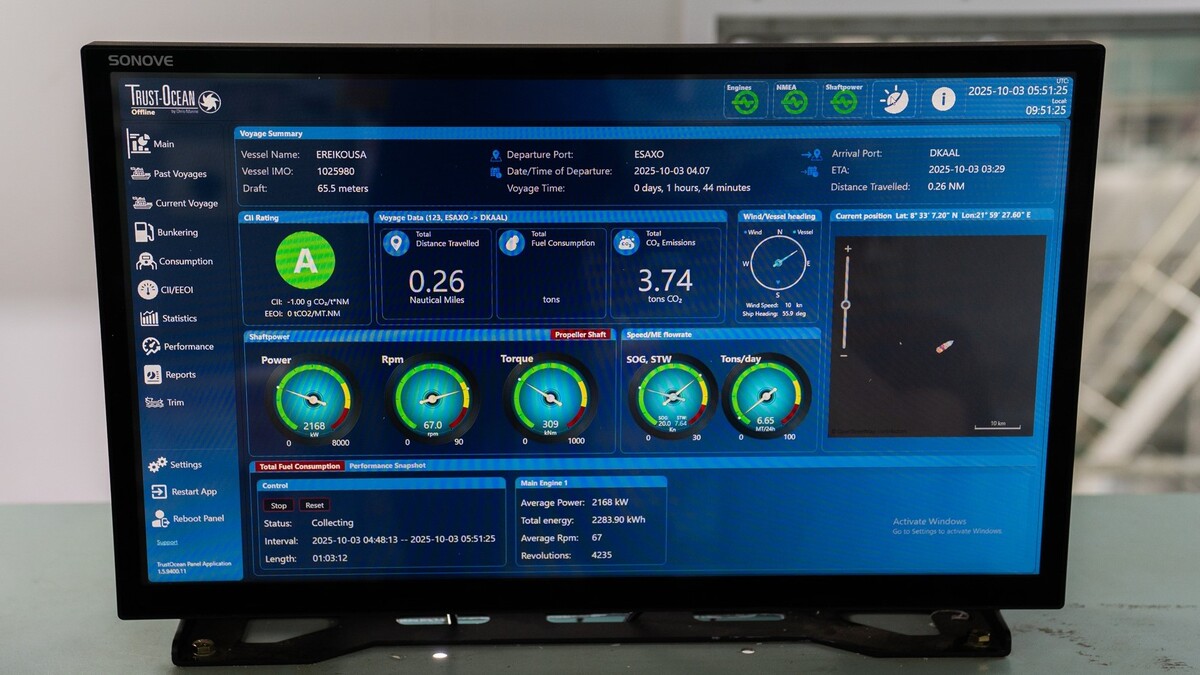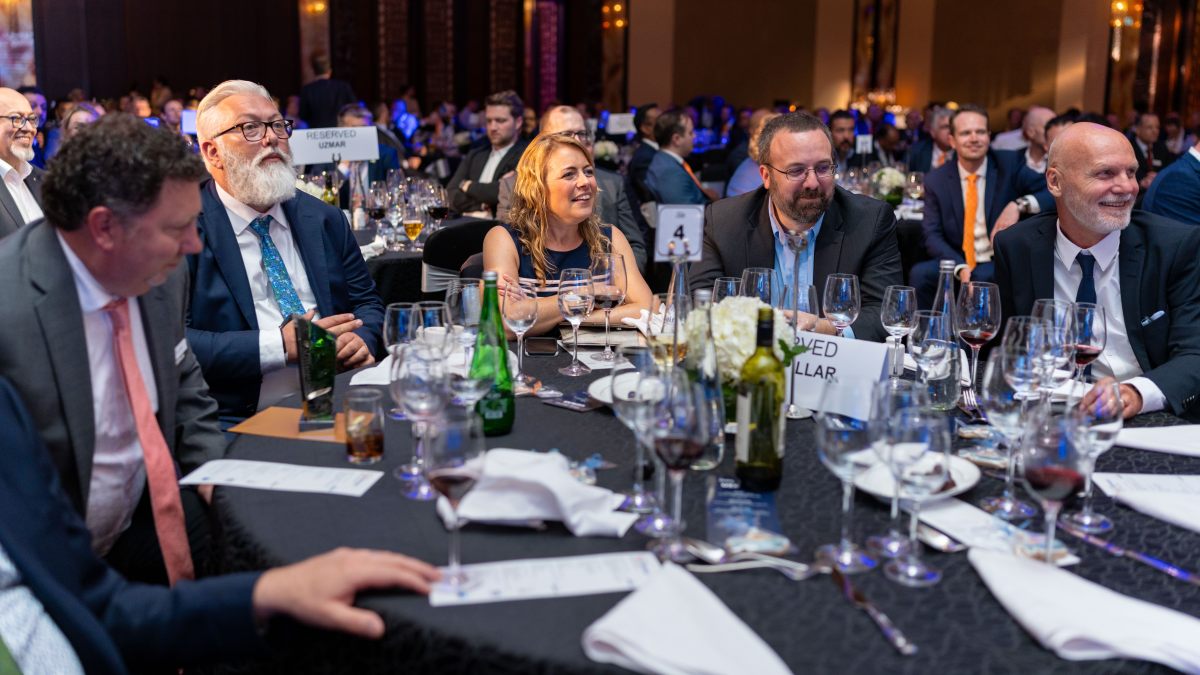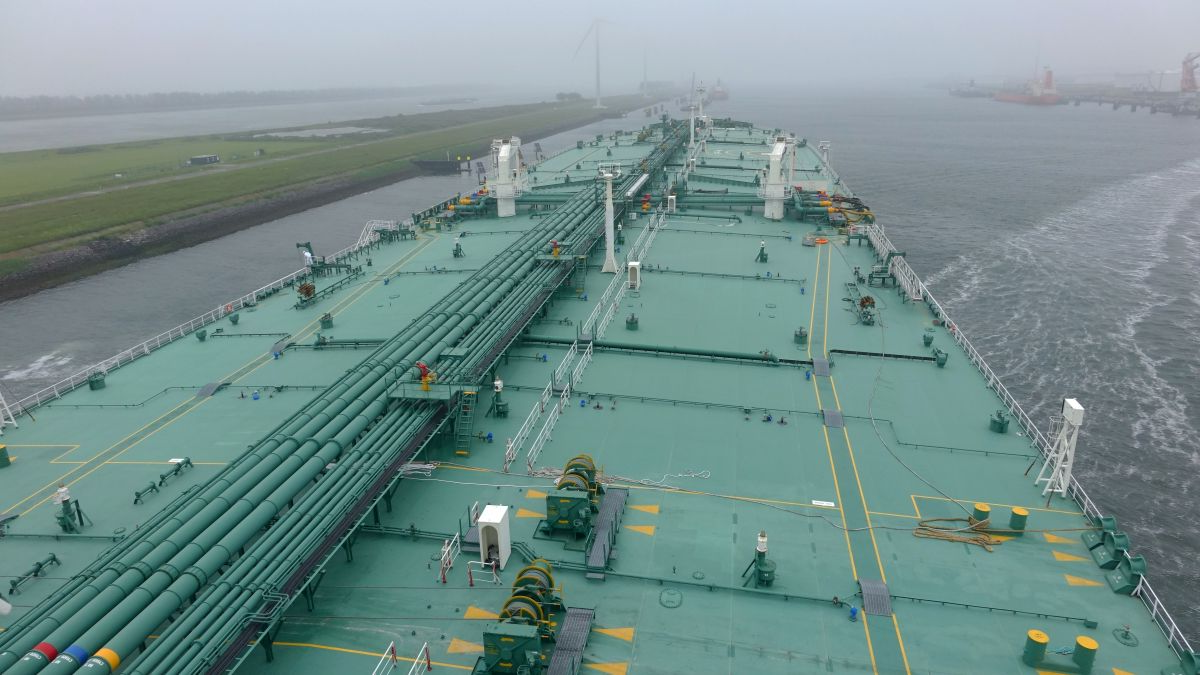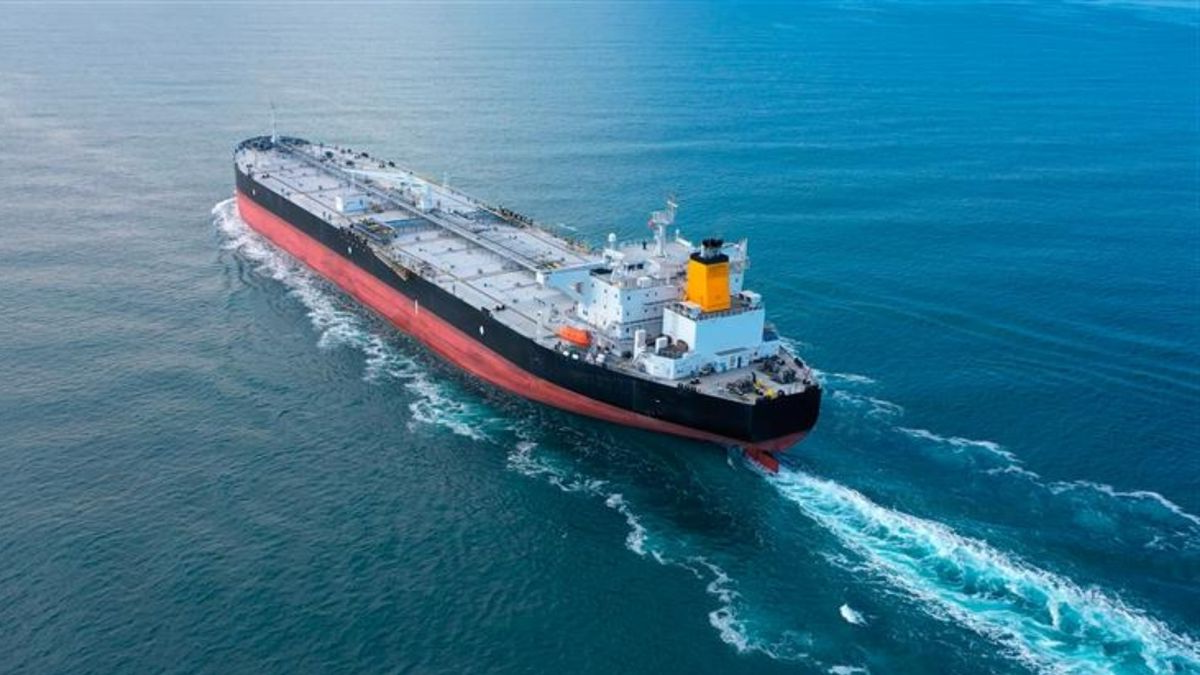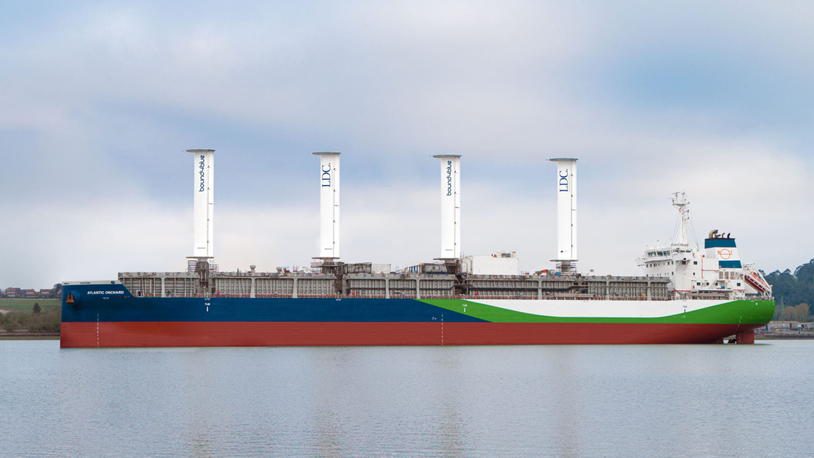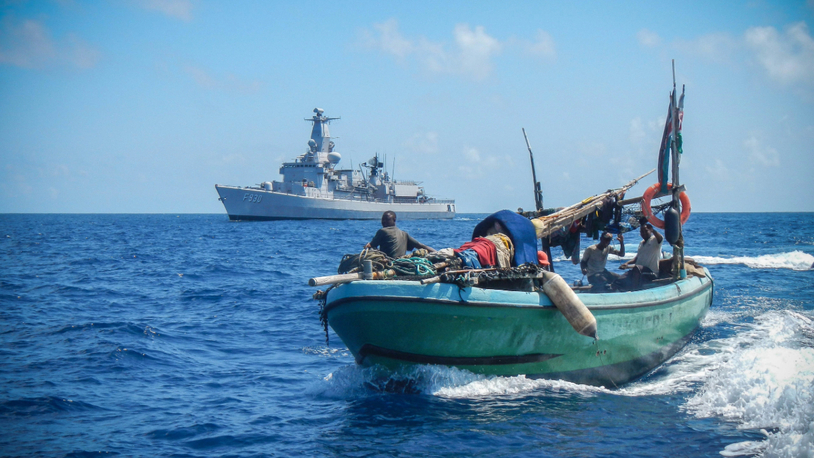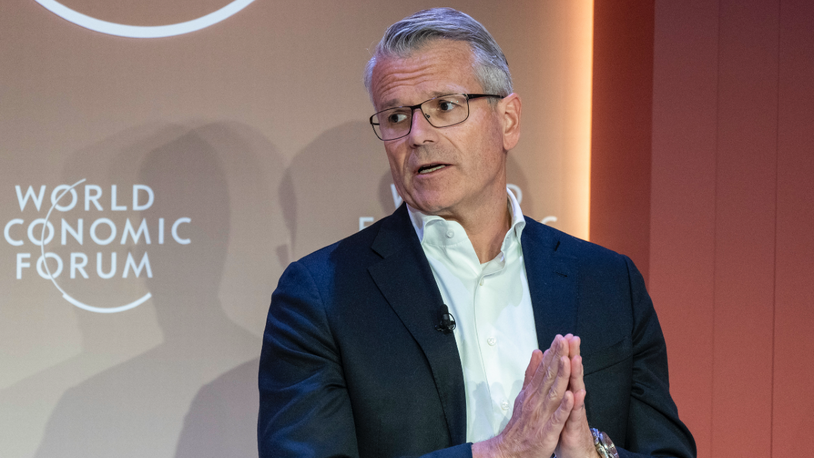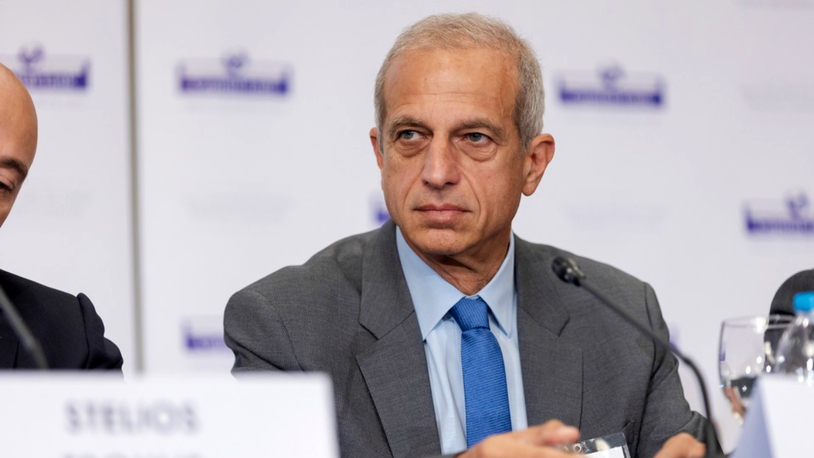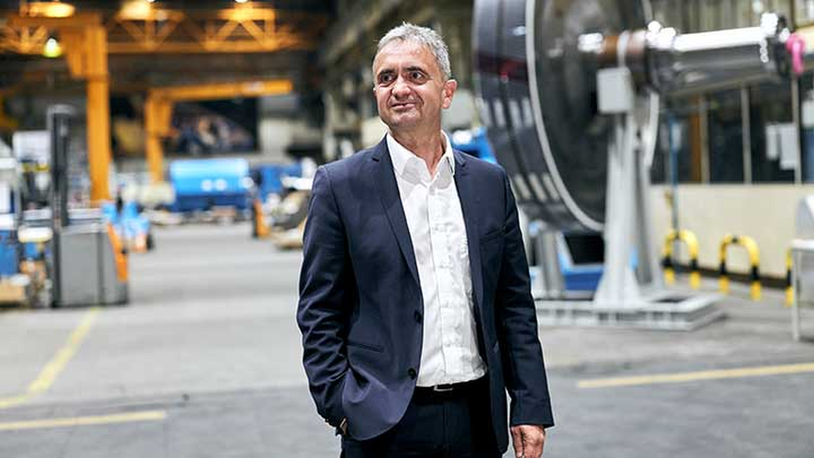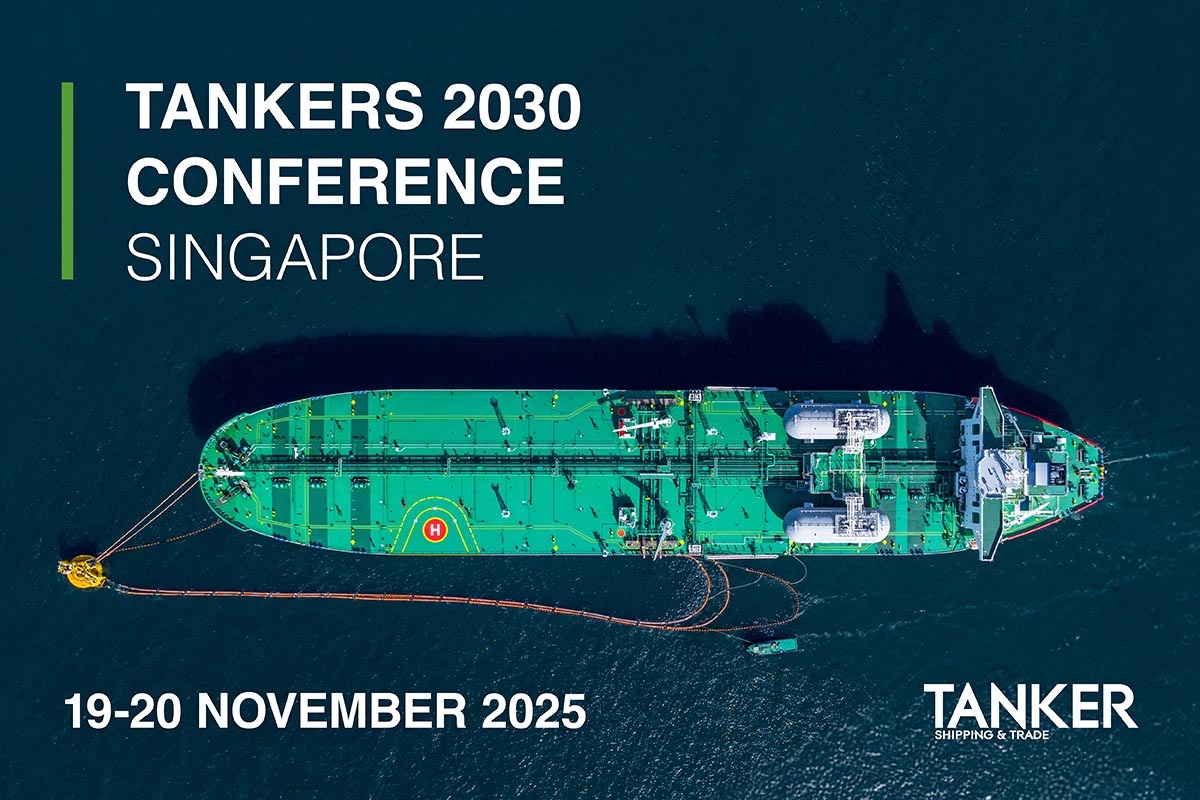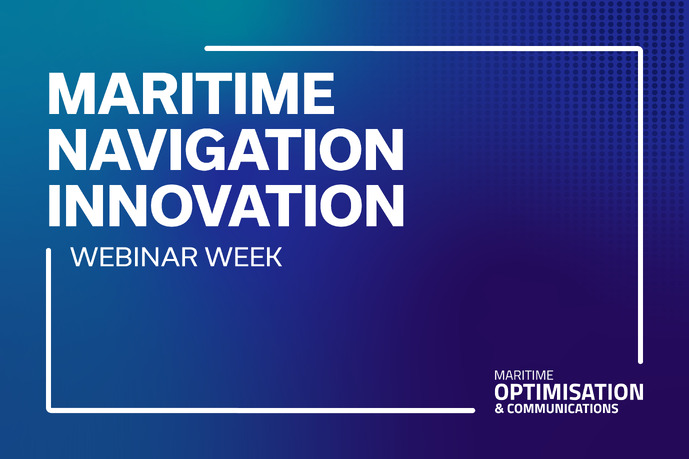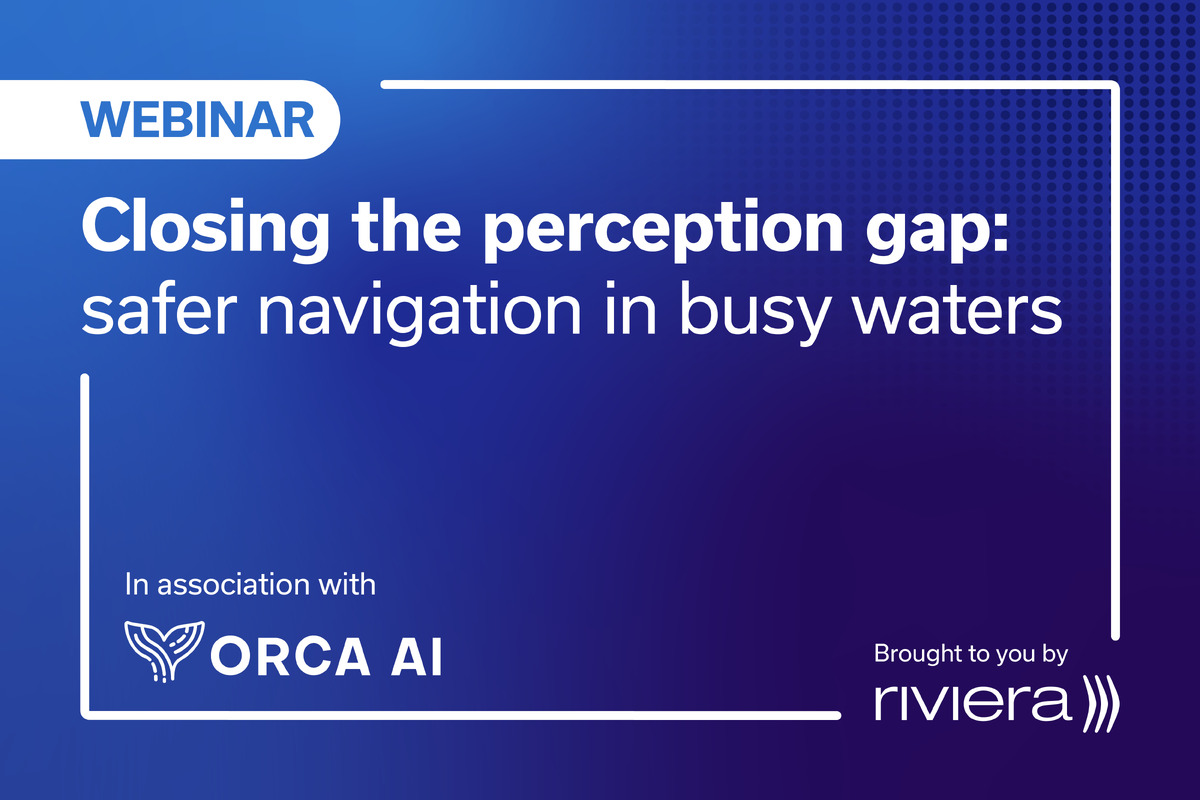Business Sectors
Contents
Pre-IMO 2020 boost for MR Tankers
In the run-up to IMO 2020, the product tanker market is exhibiting hitherto unseen levels of dysfunction
The year before IMO 2020 was always going to be a fraught one for product tanker owners, who need to gear up fleets for the expected increase in demand without having a complete picture of that demand until 2020 arrives. While most shipping analysts are anticipating a boost for product tankers, others are trying to manage expectations.
Speaking at the Bloomberg Shipping Seminar at London International Shipping Week (LISW), MSI’s director, oil & tanker markets Tim Smith told the audience: “We do expect a boost for products, especially for imports into bunkering hubs deficient in diesel. Generally speaking, the boost will be products into Europe, Asia and India.”
However, Mr Smith felt that some of this expansion would be temporary. “To summarise, we (MSI) have seen a slowdown in seaborne product trade growth each year. There was a big jump in 2015, but since then a deceleration. There will be an additional element in 2020 from IMO 2020 but it will not be the sole element,” he said. He also felt that the IMO 2020 product tanker growth story had been over-played and that there was longer-term slowdown in growth that was not being acknowledged.
This view is a little pessimistic for the public-quoted product tanker owner, which prefers to portray a more upbeat picture to investors. Public owners and operators sat on the product tanker panel at the 12th Annual Capital Link Shipping & Marine Services Forum held during LISW. Here the main takeaway was that the current situation has its roots in two factors: the announcement from the US that it was ending its waivers on Iranian sanctions; and that OPEC has opened the crude oil production taps, releasing more oil onto the market. This increased the throughput of crude oil through refineries, allowing more oil products onto the market.
At the end of 2018 and the start of 2019, the product tanker market experienced a boom, due to the increase in oil products on the water.
This came to a halt in Q2 2019 when the refineries went into the maintenance season, which lasted longer than normal.
The product tanker panel at the 12th Annual Capital Link Shipping & Marine Services Forum comprised:
- Moderator: Jefferies LLC maritime shipping group head, equity analyst Randy Giveans
- Concordia Maritime chief executive officer Kim Ullman
- d’Amico International Shipping chief financial officer Carlos Balestra di Mottola
- Torm chief executive officer Jacob Meldgaard
- Scorpio Tankers managing director David Morant
Concordia’s Mr Ullman pointed the finger at refinery overhauls: “Refinery throughput in May 2019 was lower than in May 2018. We believe this was due to (refinery) preparation for IMO 2020.”
This has led to an unexpected situation in some ports, where bunker traders have drawn down stocks of high-sulphur marine fuel in the run up to 1 January 2020. With the longer-than-normal refinery maintenance season, lower output and diminishing stocks, high-sulphur marine fuel is facing a shortage in some ports.
“We are seeing higher prices for high-sulphur versus low-sulphur marine fuel,” said d’Amico International Shipping’s Mr Balestra di Mottola.
This has led to MR product tankers undertaking long-haul voyages with high-sulphur marine fuel to restock some the smaller ports with a shortage of fuel.
What would you do with US$50M?
LISW saw plenty of discussions regarding IMO 2020 and to lighten the mood a little, the moderator, Jefferies LLC maritime shipping group head, equity analyst Randy Giveans gave each of the panellists a hypothetical US$50M to invest as they wish. What would they do with US$50M?
Mr Ullman: “Buy MR tankers.”
Mr Balestra di Mottola: “Buy back our shares. We are trading at a big discount to NAV and maybe exercise the options to buy back sale and leaseback vessels.”
Mr Meldgaard: “We already have plenty of cash. I would add the US$50M to the cash box.”
Mr Morant: “I would buy modern MR or newbuild resales, and maybe reduce (the company’s) leverage.”
This appears to be pretty much what Scorpio Tankers had in play during LISW when only a few days later the company announced it has agreed to acquire subsidiaries of Trafigura Maritime Logistics, which has leasehold interests in 19 product tankers for an aggregate value of US$803M.
The acquisition of the leasehold interest in the product tankers includes a finance lease arrangement with a financial institution under a bareboat contract arrangement. The aggregate value of the 19 tankers is US$803M and after the assumption of the present value of the finance lease arrangement of approximately US$668M, Scorpio Tankers will issue approximately 4.7M shares at US$29.00 each to Trafigura for an aggregate market value of approximately US$135M.
Scorpio Tankers also announced private placements with Trafigura for US$35M and Scorpio Services Holding Ltd., a related party, for US$15M for an aggregate of US$50M, or 1,724,137 shares at US$29.00 per share.
Scorpio Tankers chief executive Emanuele A. Lauro commented: “This transaction represents a close alignment between Scorpio Tankers and Trafigura, a strategic customer and now a valued shareholder. We share common beliefs in quality assets, quality service, and most importantly, the favourable fundamentals currently unfolding in the product tanker market. This fleet of 19 ultra-modern product tankers is a singular opportunity in an otherwise diminished global orderbook. The average age of our fleet will be reducing (from 4.1 to 3.7 years old) and our fuel efficiency is expected to increase with the addition of these modern scrubber-fitted vessels. At the same time, IMO 2020 and other demand drivers are set to increase ton-mile demand significantly over the coming months.
“In addition to Trafigura being a longstanding customer, its investment in Scorpio Tankers represents a new stage in our partnership which we believe will serve all our shareholders and stakeholders well.”
Trafigura global head of wet freight Rasmus Bach Nielsen, commented: “Trafigura enjoys a close working relationship with Scorpio Tankers, a company that we consider to be very well run. [The] decision completes a strategic decision to crystalise financial benefits now and to move long-term leasing obligations into leading shipping equities, a place where we see significantly more value and upside potential in the period ahead. We are delighted that through these agreements Trafigura has become a significant shareholder in Scorpio Tankers. In our view, minimal supply growth and an expected demand spike through oil market disruption and bunkering inefficiencies, are making product tanker market fundamentals look healthier than we’ve seen for many years.”
The acquisition consists of leasehold interests in four LR2s and 15 MRs for a total of 19 product tankers. Fifteen of the vessels are currently on the water with an average age of 0.5 years, and the remaining four MR vessels will be delivered in 2020. Upon delivery to Scorpio Tanker, all the tankers will be fitted with scrubbers. The commercial and technical management of the 19 product tankers will be transitioned to Scorpio Tankers following the closing of the transaction.
Related to this Story
Events
International Bulk Shipping Conference 2025
Tankers 2030 Conference
Maritime Navigation Innovation Webinar Week
© 2024 Riviera Maritime Media Ltd.

